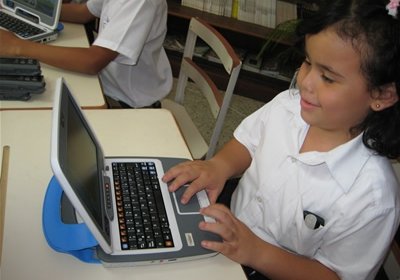Venezuela’s socialists scored an overwhelming victory in mayoral elections on December 10, taking over 90% of the country's municipalities.
President Nicolas Maduro’s United Venezuelan Socialist Party (PSUV), along with its allies, have secured victory in 308 of Venezuela’s 335 municipalities. According to preliminary results, the governing socialist party managed to take 21 out of the country’s 23 state capitals as well as the Caracas Capital District.











